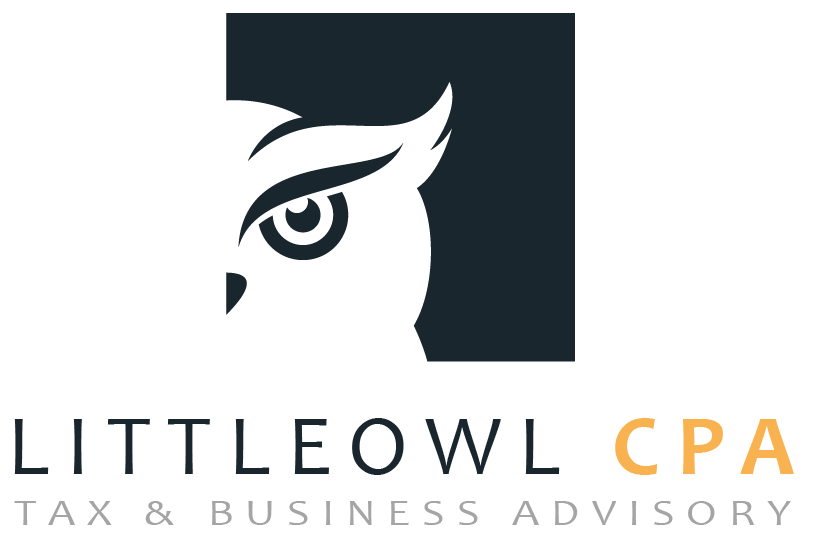There are many ways to give to charity. You can make gifts during your lifetime or at your death. You can make gifts outright or use a trust. You can name a charity as a beneficiary in your will, or designate a charity as a beneficiary of your retirement plan or life insurance policy. Or, if your gift is substantial, you can establish a private foundation, community foundation, or donor-advised fund.
Making outright gifts
An outright gift is one that benefits the charity immediately and exclusively. With an outright gift you get an immediate income and gift tax deduction. Make sure the charity is a qualified charity according to the IRS. Get a written receipt or keep a bank record for any cash donations, and get a written receipt for any property other than money.
Charitable trusts
Another way for you to make charitable gifts is to create a charitable trust. You can name the charity as the sole beneficiary, or you can name a non-charitable beneficiary as well, splitting the beneficial interest (this is referred to as making a partial charitable gift). The most common types of trusts used to make partial gifts to charity are the charitable lead trust and the charitable remainder trust. There are expenses and fees associated with the creation of a trust.
Private family foundation
A private family foundation is a separate legal entity that can endure for many generations after your death. You create the foundation, then transfer assets to the foundation, which in turn makes grants to public charities. You and your descendants have complete control over which charities receive grants. But, unless you can contribute enough capital to generate funds for grants, the costs and complexities of a private foundation may not be worth it. A general guideline is that you should be able to donate enough assets to generate at least $25,000 a year for grants.
Community foundation
If you want your dollars to be spent on improving the quality of life in a particular community, consider giving to a community foundation. Similar to a private foundation, a community foundation accepts donations from many sources, and is overseen by individuals familiar with the community’s particular needs, and professionals skilled at running a charitable organization.
Donor-advised fund
Similar in some respects to a private foundation, a donor-advised fund offers an easier way for you to make a significant gift to charity over a long period of time. A donor-advised fund actually refers to an account that is held within a charitable organization. The charitable organization is a separate legal entity, but your account is not — it is merely a component of the charitable organization that holds the account. Once you transfer assets to the account, the charitable organization becomes the legal owner of the assets and has ultimate control over them. You can only advise — not direct — the charitable organization on how your contributions will be distributed to other charities.
Contribution from an IRA
If you are at least 70½ years old, you can make tax-free charitable donations directly from your IRA. By making what’s called a qualified charitable distribution (QCD), you can benefit your favorite charity while excluding up to $100,000 annually from gross income. These gifts, also known as “charitable IRA rollovers,” would otherwise be taxable IRA distributions.
You don’t get to deduct QCDs as a charitable contribution on your federal income tax return — that would be double-dipping. QCDs count toward satisfying any required minimum distributions (RMDs) that you would otherwise have to receive from your IRA, just as if you had received an actual distribution from the plan. However, distributions that you actually receive from your IRA (including RMDs) and subsequently transfer to a charity cannot qualify as QCDs.
If you have questions about how this topic will impact you, Team LittleOwl CPA is here to help. Schedule a discovery call today!

About Tabitha Regan
Tabitha Regan is the Founder and CEO of LittleOwl CPA. Tabitha is a Certified Public Accountant, Certified Financial Planner™ and Personal Financial Specialist. In her 16+ year career span, she has developed an expertise in the specific needs of small businesses and busy professionals with accounting, tax and advisory services.


